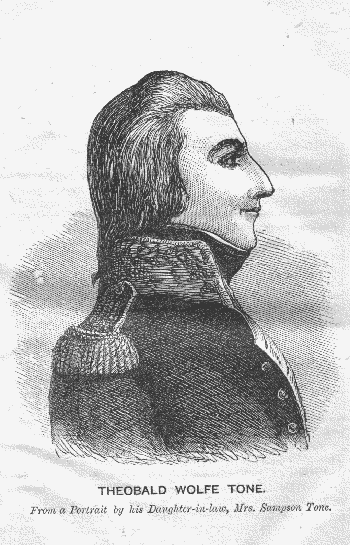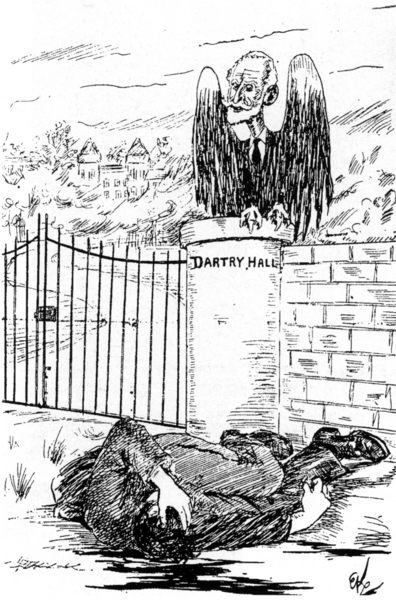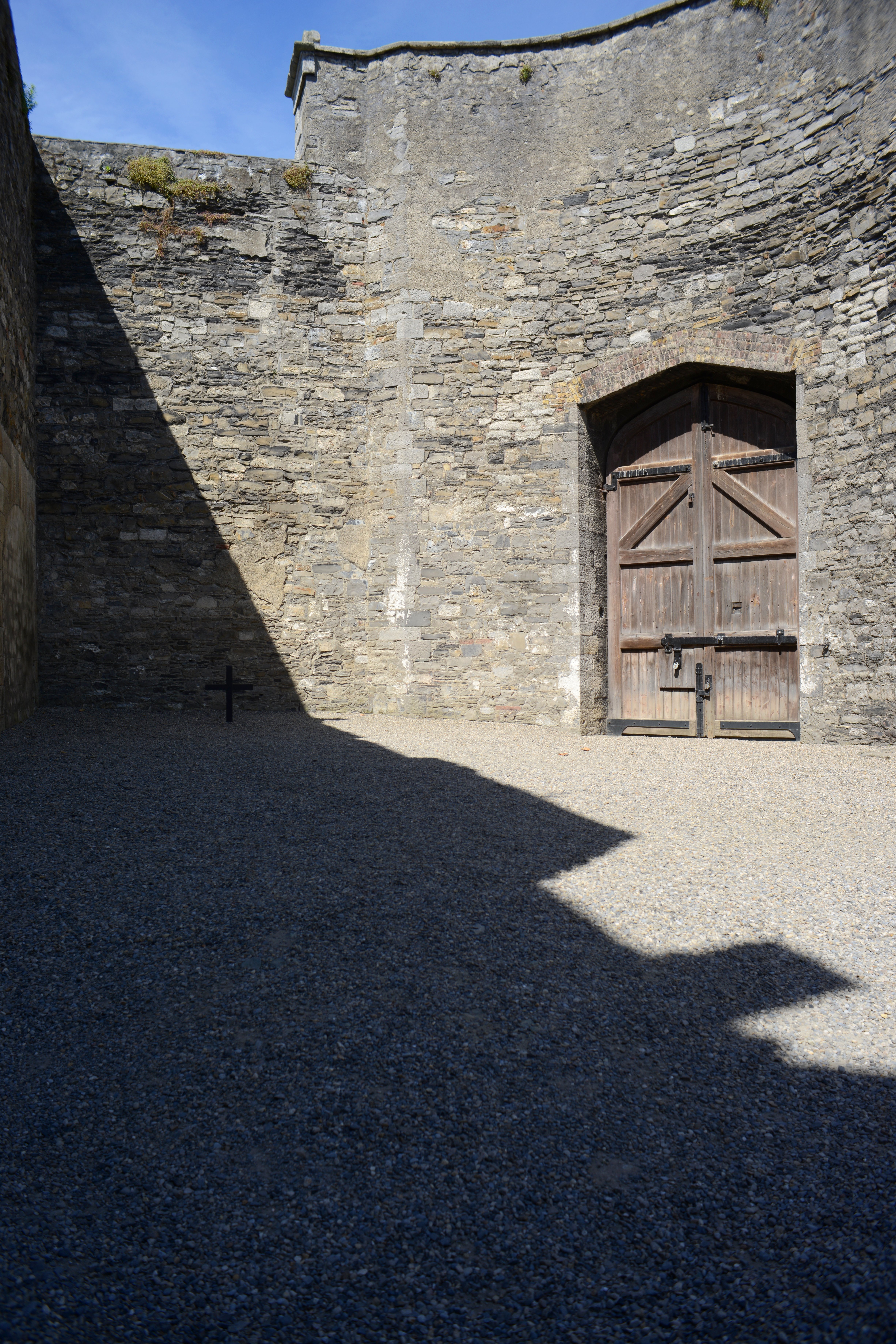|
James Larkin (astronomer)
James Larkin (28 January 1874 – 30 January 1947), sometimes known as Jim Larkin or Big Jim, was an Irish republicanism, Irish republican, socialist and trade union leader. He was one of the founders of the Irish Labour Party (Ireland), Labour Party along with James Connolly and William O'Brien (trade unionist), William O'Brien, and later the founder of the Irish Worker League (a communist party which was recognised by the Comintern as the Irish section of the world communist movement), as well as the Irish Transport and General Workers' Union (ITGWU) and the Workers' Union of Ireland (the two unions later merged to become SIPTU, Ireland's largest trade union). Along with Connolly and Jack White (trade unionist), Jack White, he was also a founder of the Irish Citizen Army (ICA; a paramilitary group which was integral to both the Dublin lock-out and the Easter Rising). Larkin was a leading figure in the Syndicalist movement. Larkin was born to Irish parents in Toxteth, Liverpoo ... [...More Info...] [...Related Items...] OR: [Wikipedia] [Google] [Baidu] |
Teachta Dála
A Teachta Dála ( ; ; plural ), abbreviated as TD (plural ''TDanna'' in Irish language, Irish, TDs in English), is a member of Dáil Éireann, the lower house of the Oireachtas, the parliament of Republic of Ireland, Ireland. The official English translation of the term is "Dáil Deputy". An equivalent position would be a Member of parliament, Member of Parliament (MP) in the UK or Member of Congress in the USA. Number of TDs Republic of Ireland, Ireland is divided into Dáil constituencies, each of which elects three, four, or five TDs. Under the Constitution of Ireland, Constitution, the total number of TDs must be fixed at one TD for each 20,000 to 30,000 of the population. There are 174 TDs in the 34th Dáil, elected at the 2024 Irish general election, 2024 general election under the Electoral (Amendment) Act 2023. The outgoing Ceann Comhairle is automatically returned unless they announce their retirement before the dissolution of the Dáil. Qualification A candidate for e ... [...More Info...] [...Related Items...] OR: [Wikipedia] [Google] [Baidu] |
Delia Larkin
Delia Larkin (27 February 1878 – 26 October 1949) was a trade union organiser, journalist and actress, born to Irish parents in Liverpool, England. She was influenced by the activities of her brother, James Larkin, to move to Ireland, and was prominent during the 1913 Dublin Lockout. She was active in Irish trade union activities and was a founding secretary of the Irish Women Workers' Union. Background Delia Larkin was born on February 28, 1878, in the Toxteth area of Liverpool, England, to James Larkin, a fitter, and Mary Ann McNulty, originally from County Down. Following the death of her father in 1887, when she was just nine, Delia, the youngest of six siblings, took on work to help support her family. Influenced deeply by her brother James Larkin’s socialist politics and literary pursuits, Delia developed a strong sense of social justice. Her early life experiences and exposure to her brother’s activism motivated her to later join the Irish trade union movemen ... [...More Info...] [...Related Items...] OR: [Wikipedia] [Google] [Baidu] |
Jack White (trade Unionist)
Captain James Robert "Jack" White, DSO (1879–1946) was an Irish republican and libertarian socialist. After colonial service in the British military, he entered Irish politics in 1913 working with Roger Casement in Ulster to detach fellow Protestants from Unionism as it armed to resist Irish Home Rule, and with James Connolly to defend the Irish Transport and General Workers' Union in the great Dublin lock-out. White rallied to the defence of those condemned for the 1916 Easter Rising, but the combination of his socialism and anti-clericalism placed him at odds with the principal currents of Irish republicanism. Until experience of Republican Spain in 1936 convinced him of the anarchist critique of the party-state, he associated with a succession of communist-aligned groups. His last public appearance was in 1945, at an Orange Hall in his home town of Broughshane, County Antrim, where he proposed himself as a "republican socialist" candidate in the upcoming United Kingdom gene ... [...More Info...] [...Related Items...] OR: [Wikipedia] [Google] [Baidu] |
SIPTU
SIPTU (; ''Services, Industrial, Professional and Technical Union''; ) is Ireland's largest trade union, with around 200,000 members. Most of these members are in the Republic of Ireland, although the union does have a Northern Ireland District Committee. Its head office, Liberty Hall, is in Dublin, and the union has five industrial divisions, three in the private sector and two in the public sector. SIPTU is affiliated to the Irish Congress of Trade Unions. History The Union has its roots in two separate trade unions both founded by the trade union leader and socialist activist James Larkin; the Irish Transport and General Workers' Union and the Federated Workers' Union of Ireland. The two unions merged in 1990 to create SIPTU. The merge was first proposed in the 1950s, and almost happened in 1969. SIPTU is a general union which organises across the public and private sectors in Ireland and has large numbers of members working in construction, health, education, transport ... [...More Info...] [...Related Items...] OR: [Wikipedia] [Google] [Baidu] |
Workers' Union Of Ireland
The Workers' Union of Ireland (WUI), later the Federated Workers' Union of Ireland, was an Ireland, Irish trade union formed in 1924. In 1990, it merged with the Irish Transport and General Workers Union to form the SIPTU, Services, Industrial, Professional and Technical Union (SIPTU). ''Belfast Telegraph'' January 4, 2009 History The WUI was formed in 1924 as a consequence of the clashes between James Larkin and the incumbent leadership of the ITGWU, subsequent to his 1923 release from Sing Sing and return to Ireland in April 1923. Larkin, still officially general secretary of the ITGWU, clashed bitterly with William O'Brien (trade unionist), William O'Brien, who had taken leadership of the ITGW ...[...More Info...] [...Related Items...] OR: [Wikipedia] [Google] [Baidu] |
Irish Transport And General Workers' Union
The Irish Transport and General Workers Union (ITGWU) was a trade union representing workers, initially mainly labourers, in Ireland. History The union was founded by James Larkin and James Fearon in January 1909 as a general union. Initially drawing its membership from branches of the Liverpool-based National Union of Dock Labourers, from which Larkin had been expelled, it grew to include workers in a range of industries. The ITGWU logo was the Red Hand of Ulster, which is synonymous with ancient Gaelic Ulster. The ITGWU was at the centre of the syndicalist-inspired Dublin Lockout in 1913, the events of which left a lasting impression on the union and hence on the Irish Labour Movement. After Larkin's departure for the United States in 1914 in the wake of the Lockout, James Connolly led the ITGWU until his execution in 1916 in the wake of the Easter Rising. In turn, William O'Brien became the union's leading figure, and ultimately served as general secretary for many years. ... [...More Info...] [...Related Items...] OR: [Wikipedia] [Google] [Baidu] |
Comintern
The Communist International, abbreviated as Comintern and also known as the Third International, was a political international which existed from 1919 to 1943 and advocated world communism. Emerging from the collapse of the Second International during World War I, the Comintern was founded in March 1919 at a congress in Moscow convened by Vladimir Lenin and the Russian Communist Party (Bolsheviks) (RCP), which aimed to create a new international body committed to revolutionary socialism and the overthrow of capitalism worldwide. Initially, the Comintern operated with the expectation of imminent proletarian revolutions in Europe, particularly Germany, which were seen as crucial for the survival and success of the Russian Revolution. Its early years were characterized by attempts to foment and coordinate revolutionary uprisings and the establishment of disciplined communist parties across the globe, often demanding strict adherence to the " Twenty-one Conditions" for admission ... [...More Info...] [...Related Items...] OR: [Wikipedia] [Google] [Baidu] |
William O'Brien (trade Unionist)
William O'Brien (23 January 1881 – 31 October 1968) was a politician and trade unionist in Ireland. While rarely dominating the political spotlight, O'Brien was incredibly powerful and influential behind the scenes, maintaining a firm grip over Ireland's trade unions for many decades. Besides his leadership in the trade unions, O'Brien was a founder, alongside James Larkin and James Connolly, of the Labour Party (Ireland), Labour Party of Ireland. In later years a rift formed between Larkin and O'Brien that would last the rest of their lives and often divide the labour movement in Ireland. Early life O'Brien was born in Ballygurteen, Clonakilty, County Cork on 23 January 1881, and was christened as 'John William'. He was the fourth child and third son of Daniel O'Brien of County Tipperary and Mary O'Brien (née Butler) of County Kilkenny. His father Daniel, an Irish nationalist, devout Catholic, and Irish-language revivalist had been a member of the Royal Irish Constabulary be ... [...More Info...] [...Related Items...] OR: [Wikipedia] [Google] [Baidu] |
Socialist
Socialism is an economic ideology, economic and political philosophy encompassing diverse Economic system, economic and social systems characterised by social ownership of the means of production, as opposed to private ownership. It describes the Economic ideology, economic, Political philosophy, political, and Social theory, social theories and Political movement, movements associated with the implementation of such systems. Social ownership can take various forms, including State ownership, public, Community ownership, community, Collective ownership, collective, cooperative, or Employee stock ownership, employee.: "Just as private ownership defines capitalism, social ownership defines socialism. The essential characteristic of socialism in theory is that it destroys social hierarchies, and therefore leads to a politically and economically egalitarian society. Two closely related consequences follow. First, every individual is entitled to an equal ownership share that earns an ... [...More Info...] [...Related Items...] OR: [Wikipedia] [Google] [Baidu] |
Irish Republicanism
Irish republicanism () is the political movement for an Irish Republic, Irish republic, void of any British rule in Ireland, British rule. Throughout its centuries of existence, it has encompassed various tactics and identities, simultaneously elective and militant and has been both widely supported and iconoclastic. The Modern era, modern emergence of nationalism, democracy, and Classical radicalism, radicalism provided a basis for the movement, with groups forming across the island in hopes of independence. Parliamentary defeats provoked uprisings and armed campaigns, quashed by British forces. The Easter Rising, an attempted coup that took place in the midst of the First World War, provided popular support for the movement. An Irish republic was declared in 1916 and officialized following the Irish War of Independence. The Irish Civil War, beginning in 1922 and spurred by the Partition of Ireland, partition of the island, then occurred. Republican action, including armed cam ... [...More Info...] [...Related Items...] OR: [Wikipedia] [Google] [Baidu] |
Dublin Lock-out
The Dublin lock-out was a major industrial dispute between approximately 20,000 workers and 300 employers that took place in Dublin, Ireland. The dispute, lasting from 26 August 1913 to 18 January 1914, is often viewed as the most severe and significant industrial dispute in Irish history. Central to the dispute was the workers' labour rights, right to unionise. Background Poverty and housing Many of Dublin's workers lived in terrible conditions in tenements. For example, over 830 people lived in just 15 houses in Henrietta Street, Dublin, Henrietta Street's Georgian tenements. At 10 Henrietta Street, the Religious Sisters of Charity, Irish Sisters of Charity ran a Magdalene laundries in Ireland, Magdalene laundry that was inhabited by more than 50 single women. An estimated four million pledges were taken in pawnbrokers every year. The infant mortality rate among the poor was 142 per 1,000 births, extraordinarily high for a European city. The situation was made considerably w ... [...More Info...] [...Related Items...] OR: [Wikipedia] [Google] [Baidu] |
James Connolly
James Connolly (; 5 June 1868 – 12 May 1916) was a Scottish people, Scottish-born Irish republicanism, Irish republican, socialist, and trade union leader, executed for his part in the Easter Rising, 1916 Easter Rising against British rule in Ireland. He remains an important figure both for the Irish labour movement and for Irish republicanism. He became an active socialist in Scotland, where he had been born in 1868 to Irish parents. On moving to Ireland in 1896, he established the country's first socialist party, the Irish Socialist Republican Party. It called for an Ireland independent not only of Crown of the United Kingdom, Britain's Crown and Parliament of the United Kingdom, Parliament, but also of British "capitalists, landlords and financiers". From 1905 to 1910, he was a full-time organiser in the United States for the Industrial Workers of the World, choosing its syndicalism over the doctrinaire Marxism of Daniel De Leon, Daniel DeLeon's Socialist Labor Party of A ... [...More Info...] [...Related Items...] OR: [Wikipedia] [Google] [Baidu] |







